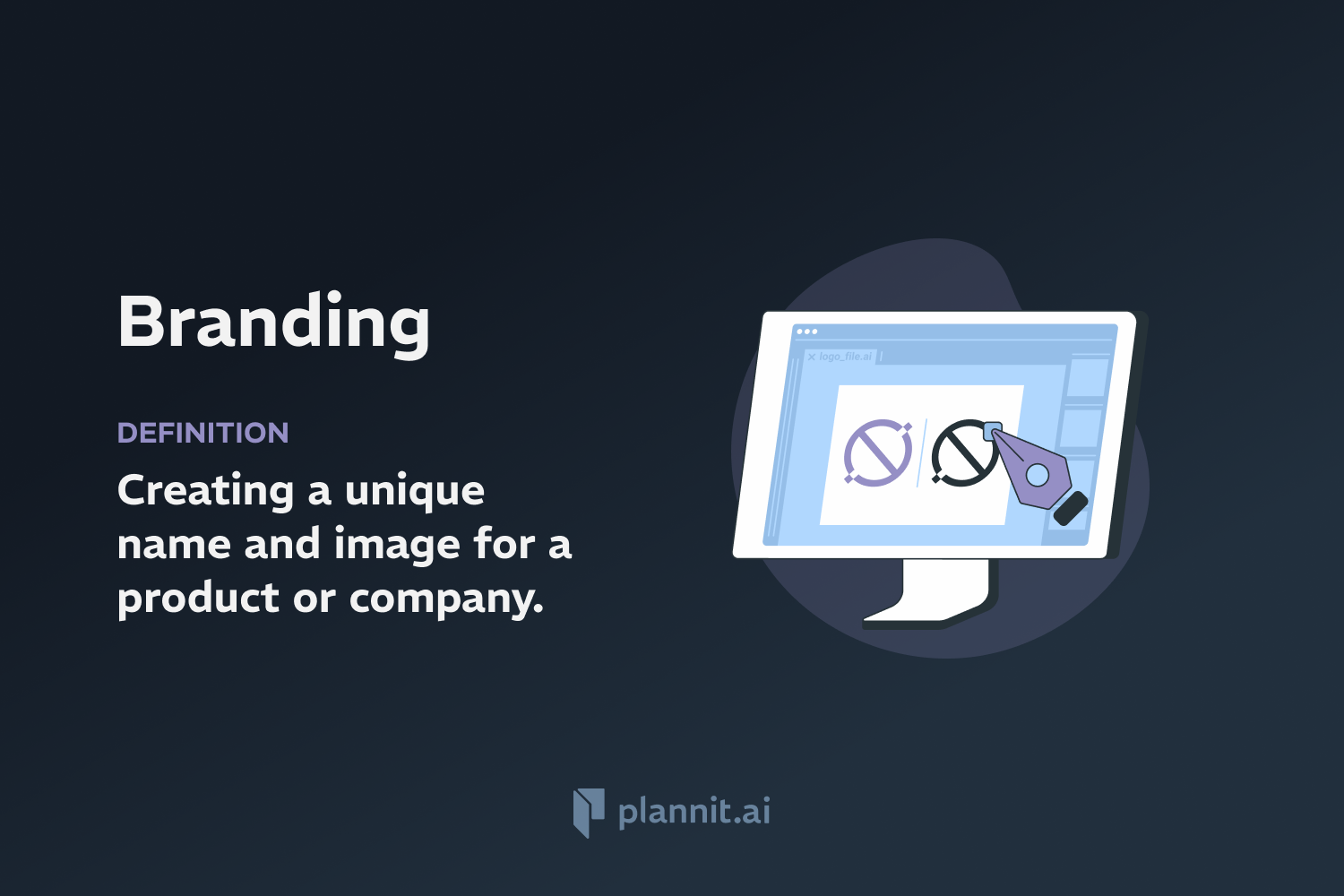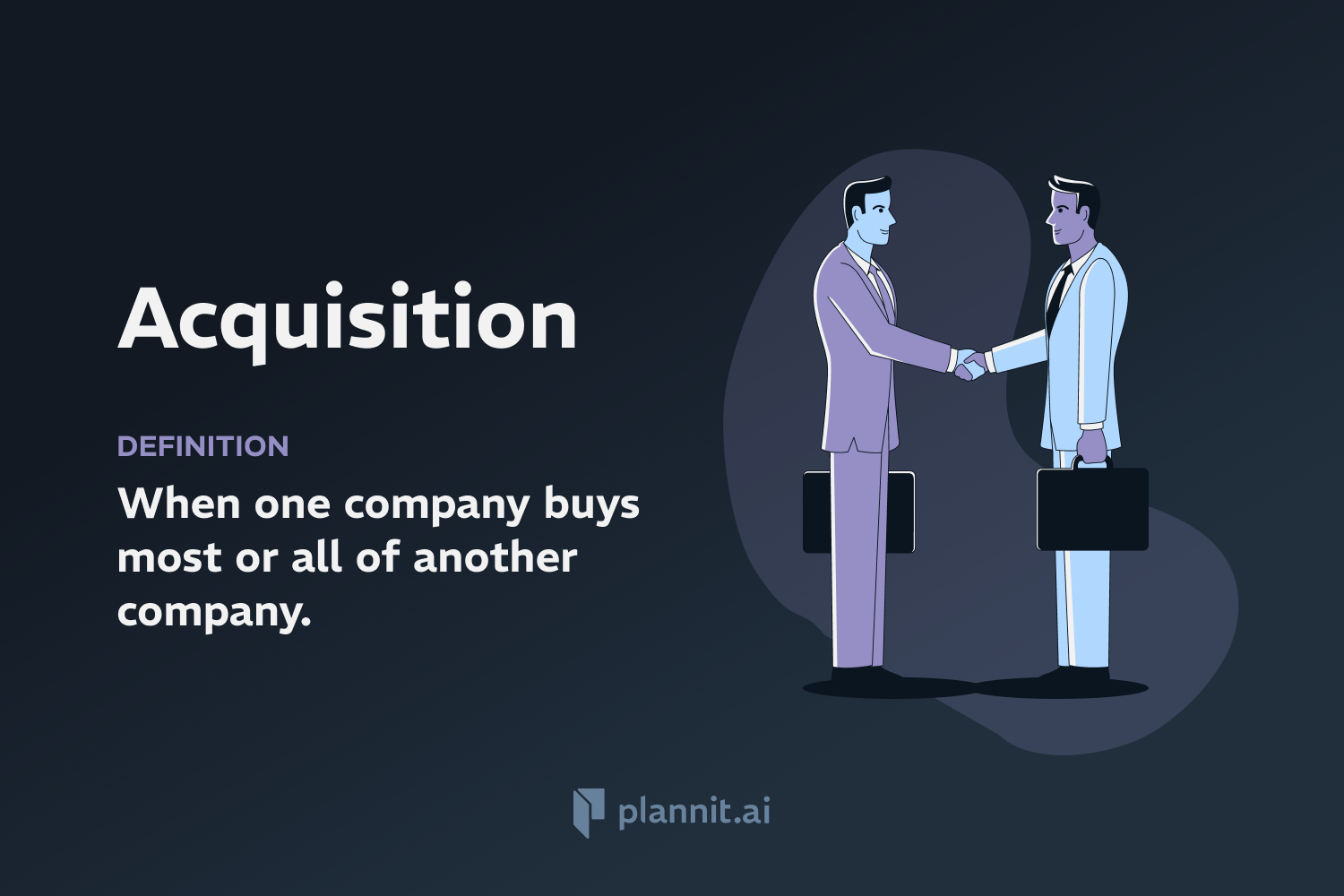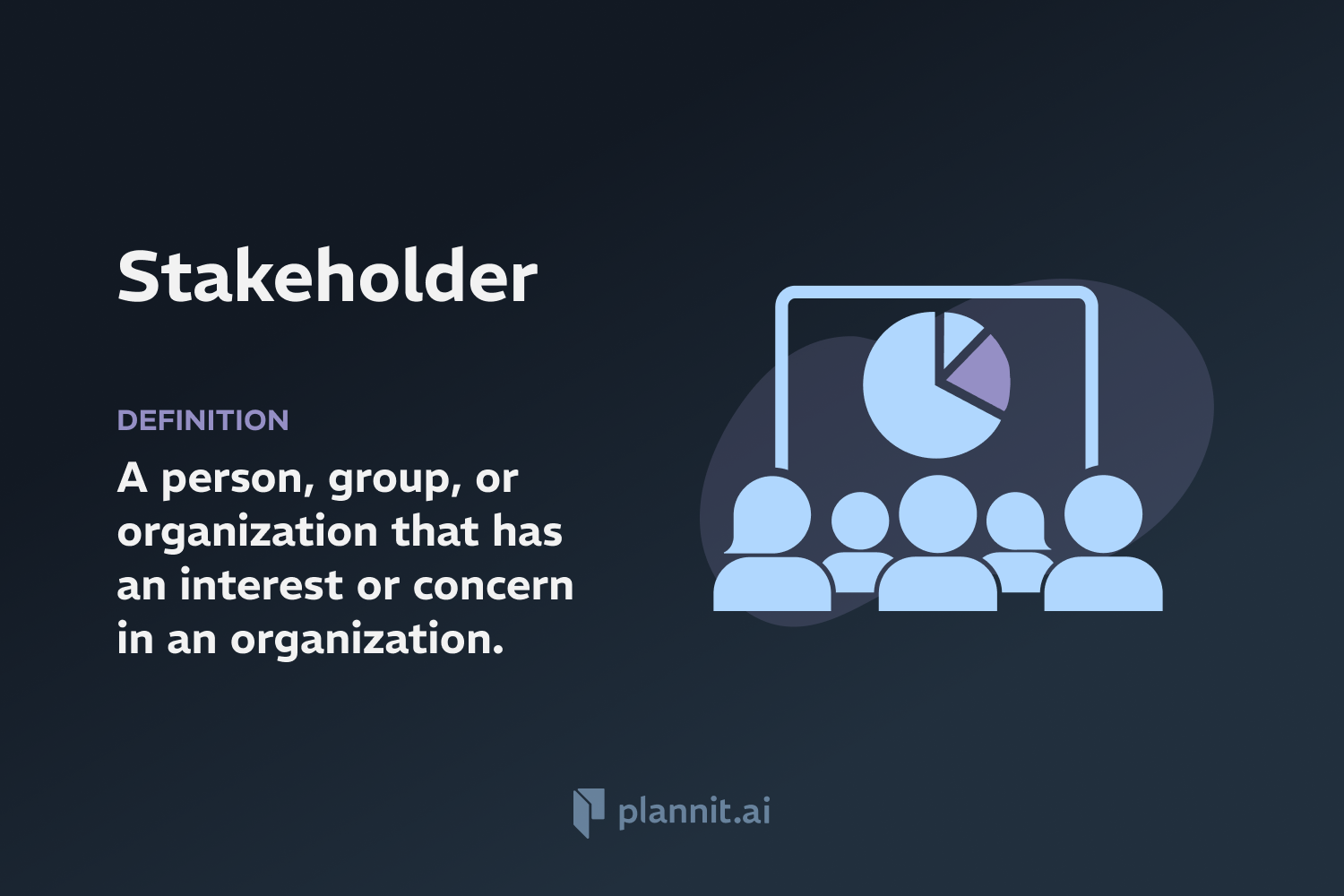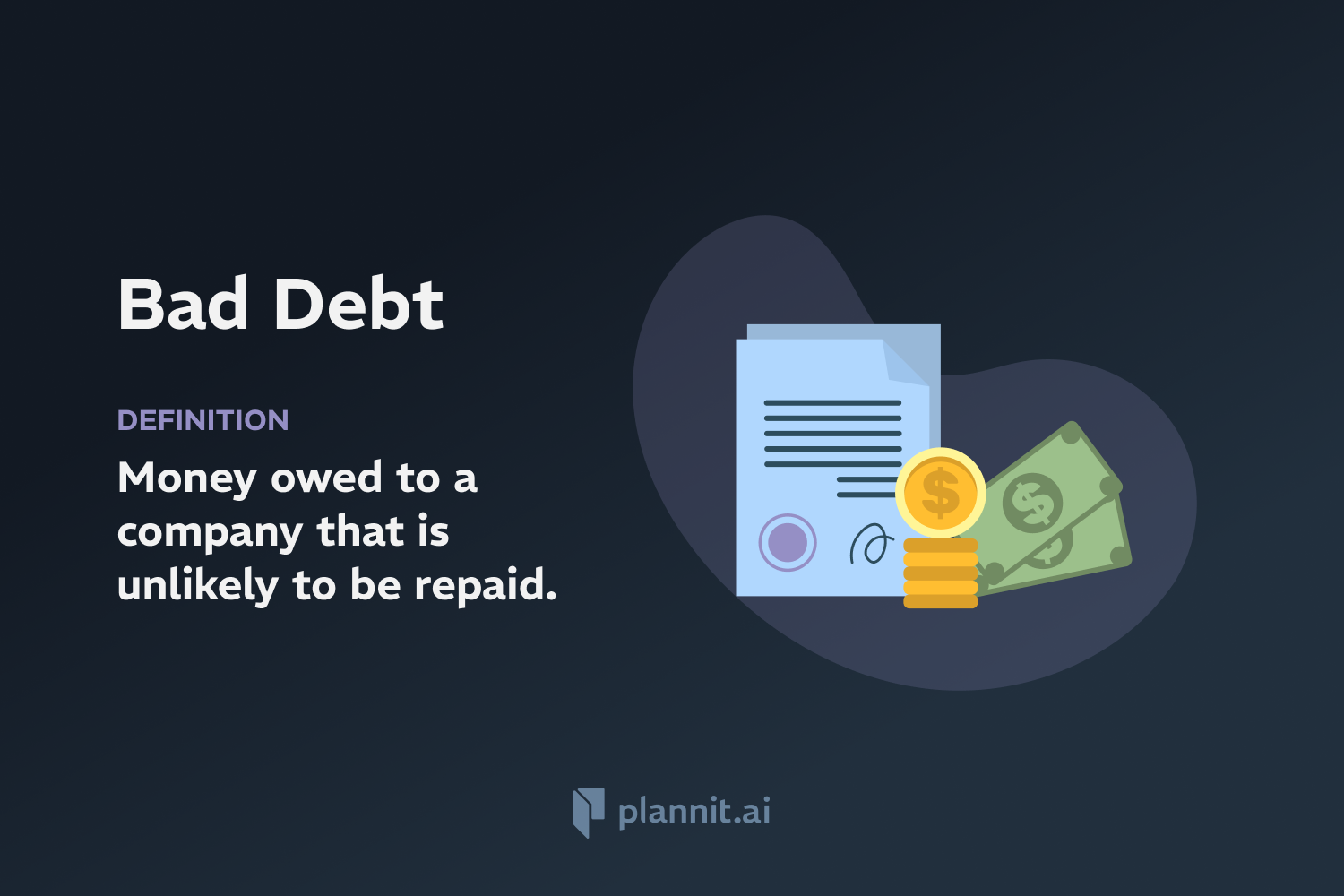Need Help With Your Business Plan?
Answer tailored questions and get a detailed business plan in minutes.
Branding: Definition & In-Depth Explanation

Branding is the process of creating a unique name, design, symbol, or other features that identify a product, service, or company and differentiate it from its competitors. It extends beyond just a physical logo or slogan to encompass the entire customer experience, including the design, website, social media interactions, and the way customer service is handled. Branding is a fundamental aspect of business strategy for both small businesses and multinational corporations, as it significantly influences perception and value in the market.
Purpose:
The purpose of branding is to establish a significant and differentiated presence in the market that attracts and retains loyal customers. Effective branding creates a memorable impression on consumers, allowing them to know what to expect from the company. It helps in building brand equity through the development of customer recognition, loyalty, and preference. Branding is not just about getting your target market to choose you over the competition, but about getting your prospects to see you as the sole provider of a solution to their problem or need.
Example:
A well-known example of effective branding is Coca-Cola. Its distinctive logo, red and white color scheme, and global marketing campaigns have made it one of the most recognized brands in the world. Coca-Cola’s branding strategy not only promotes its soft drinks but also evokes feelings of happiness and togetherness, making it synonymous with a positive consumer experience.
Related Terms:
Brand Identity: The visible elements of a brand, such as color, design, and logo, that identify and distinguish the brand in consumers' minds.
Brand Image: The customer's perception of the brand based on their interactions and experiences over time.
Brand Loyalty: The tendency of consumers to continuously purchase one brand's products over another.
Corporate Identity: The manner which a corporation, firm, or business presents themselves to the public, such as through branding and use of trademarks.
FAQs:
How does branding differ from marketing?
Branding is the process of defining who you are as a company: your name, logo, tone of voice, and overall design strategy. Marketing is how you build awareness and create demand for your brand through strategies and tactics like advertising, social media, and events.
What are the key elements of a successful branding strategy?
Key elements include a clear definition of your target audience, development of a unique brand identity, consistency across all marketing channels, and a strong narrative that resonates with your customers.
Can branding change over time?
Yes, branding can evolve as a company grows or as the market changes. However, changes should be managed carefully to maintain consistency and to ensure that the brand remains recognizable to customers.
Why is branding important for startups?
For startups, branding is crucial because it helps to establish a strong foundation in the market. It distinguishes a startup from competitors and can influence investors’ decisions, attract new customers, and build early trust and loyalty.
What role does social media play in branding?
Social media is a powerful tool for branding as it allows businesses to interact directly with their customers, build relationships, and reinforce the brand’s personality and values through regular engagement.
Get funding with a business plan that will impress investors.
Starting a New Business?



